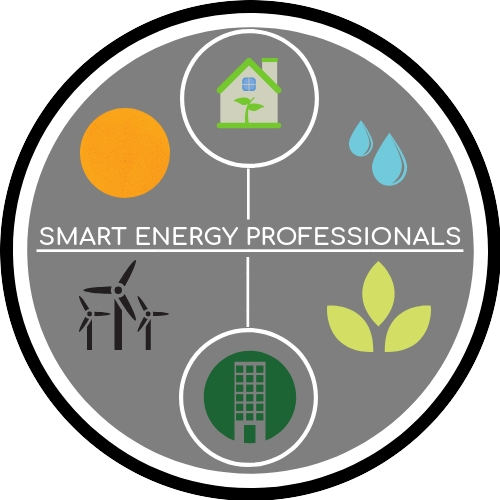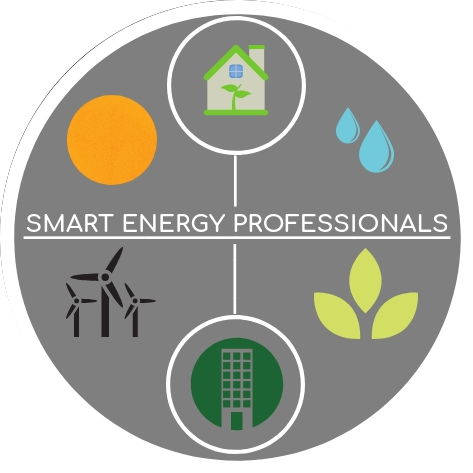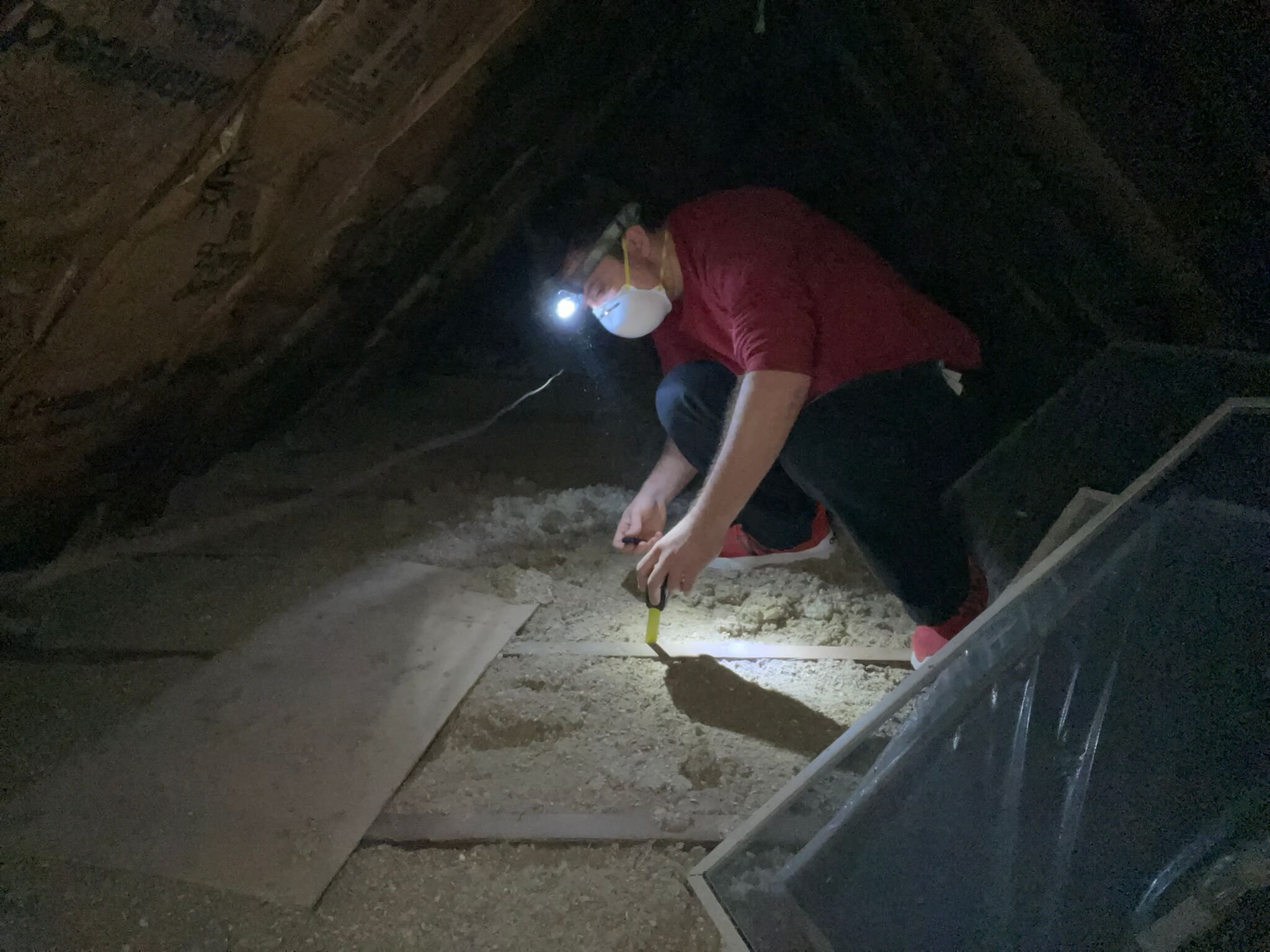5 types of homeowners who should get an energy audit
Brian, summarizes findings for a homeowner in Clarksville.
An energy audit is a valuable tool for homeowners seeking to improve energy efficiency, reduce utility bills, and create a more comfortable living environment. While energy audits are beneficial for everyone, certain types of homeowners can particularly benefit from this assessment. In this article, we will explore four different types of homeowners who should consider getting an energy audit.
Older Homeowners: If you own an older home, especially one built before modern energy efficiency standards, an energy audit is highly recommended. Older homes often suffer from inadequate insulation, outdated HVAC systems, and are very drafty and uncomfortable. An energy audit can identify areas where energy is being wasted and provide guidance on cost-effective improvements, such as adding insulation, sealing air leaks, or upgrading to energy-efficient appliances. An energy audit will provide access to rebates to make these improvements possible.
Homeowners Experiencing High Utility Bills: If you are constantly surprised by high energy bills despite efforts to conserve energy, an energy audit can help uncover the reasons behind the excessive consumption. Whether it's poor insulation, inefficient heating and cooling systems, or appliances consuming excessive power, an energy audit can pinpoint the energy hogs and provide recommendations for improvement. By implementing the suggested upgrades or modifications, homeowners can enjoy substantial savings on their monthly utility bills while reducing their environmental impact.
Homeowners Planning Renovations: For homeowners embarking on a renovation project, an energy audit can be a valuable step before making any changes. By conducting an audit beforehand, you can identify energy inefficiencies that might be overlooked during the renovation process. The assessment can guide you in making informed decisions about energy-saving upgrades, such as choosing energy-efficient appliances, improving insulation, or upgrading to more efficient windows and doors. An energy audit will provide access to rebates for upgrades you were going to do anyway!
Eco-Conscious Homeowners: If you consider yourself environmentally conscious and are committed to reducing your carbon footprint, an energy audit is a logical step in your sustainability journey. The audit can help you identify opportunities to make your home more energy-efficient and eco-friendly. It can reveal areas where renewable energy technologies, such as solar panels or geothermal systems, can be integrated. Additionally, the audit can highlight ways to reduce energy waste, promote better indoor air quality, and contribute to a greener future. An energy audit empowers eco-conscious homeowners to align their values with their living spaces, fostering sustainability and environmental stewardship.
First Time Homebuyers: First-time homebuyers have a unique opportunity to start their homeownership journey on the right foot by prioritizing energy efficiency and sustainability. An energy audit offers first-time buyers insights for informed decision making, financial savings, enhanced comfort, and future-proofing their investment. By considering an energy audit, first-time homebuyers can ensure their new home aligns with their values, saves them money, and establishes a foundation for sustainable homeownership.
A historic Annapolis home has its attic insulation measured.
Conclusion: Regardless of your homeowner profile, an energy audit offers significant benefits for your home and your wallet. Whether you own an older home, face high utility bills, plan renovations, or prioritize environmental sustainability, an energy audit provides valuable insights and recommendations to optimize energy efficiency, improve comfort, and reduce energy costs. By investing in an energy audit, you take a proactive step towards creating a more efficient, sustainable, and enjoyable living environment.



